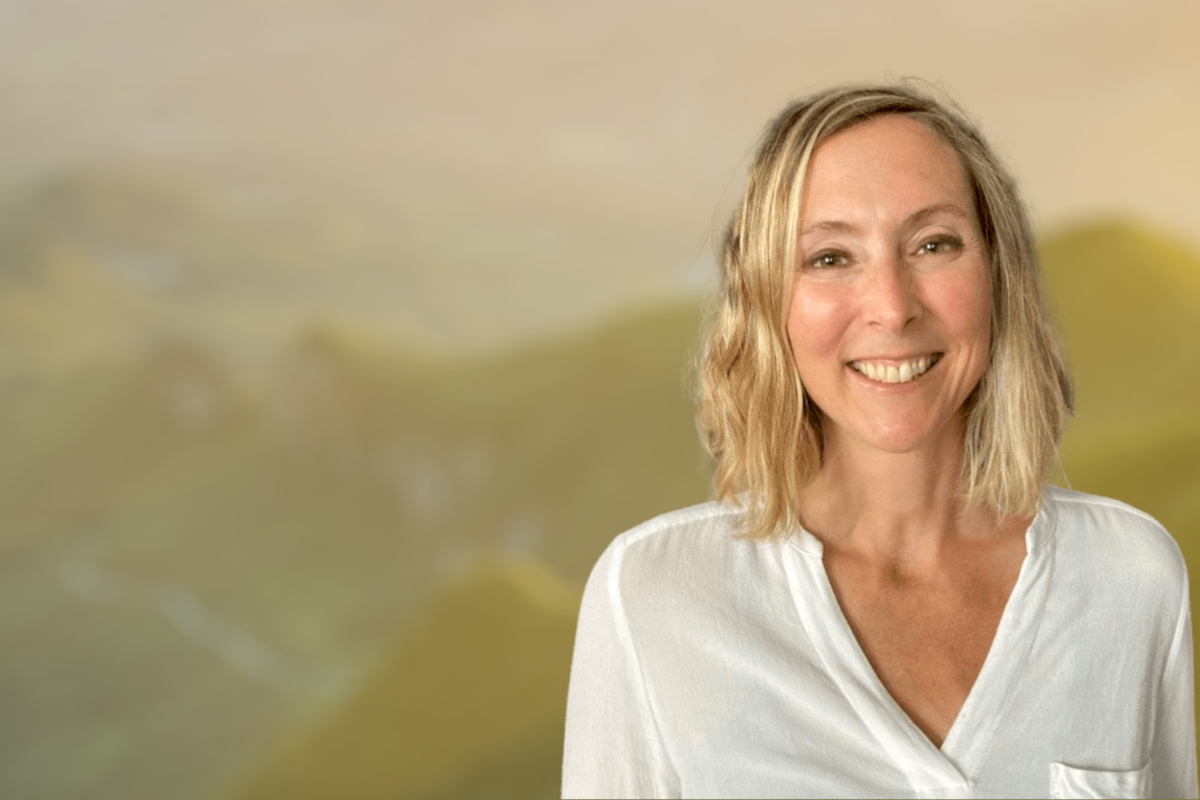An interview with Nathalie Strehl – Global Environment & Energy Manager
Nathalie became our first Environment & Energy Manager in November 2021. The new position was created to support the development, implementation and monitoring of Beckers’ environmental, energy and climate work.
Nathalie tells us about how she works with our sites around the world, her challenges going forward and her future aspirations.

Hi Nathalie! Tell us a bit about your role and what it involves.
I work closely with our 23 sites around the world to identify their “big fish” in terms of their greatest environmental impacts and to help them develop their Action Plans to reduce their impacts and meet our 2030 sustainability targets. I support them as much as I can, but at the end of the day it’s our sites that do the work.
What “Big fish” do you tend to find?
The big fish differ from site to site. For some it can be the use of electricity and the Volatile Organic Compound (VOC) emissions, for others the outbound and inbound transport, or the use of natural gas. It’s important to identify our big fish so we can focus our efforts in the most impactful way towards our 2030 sustainability targets.
Why is it so important that our sites work with their supply chain?
Over 80 percent of our value chain emissions come from CO2 hidden or embodied in the goods and materials we source from our suppliers. We are working to improve our ability to calculate these hidden emissions so we can make more sustainable procurement decisions. In 2023, we aim to calculate the CO2 emissions of all the raw materials and packaging we buy. This will enable us to see these hidden emissions, identify the big fish among our raw materials and packaging, and then take the necessary actions to further reduce our emissions.
Do you share good practice between sites?
Of course, that’s a big part of my job. During the regular exchanges I have with the sites, we identify good practices they have implemented in different environmental categories, and I share this information internally. So far, I have collected, recorded and shared over 50 good practices with enough information to start implementing the solution on another site. The more meetings we do, the more good practices we identify and share. I share these solutions in my workshops with different sites and we will make them all available to everyone on our global intranet soon...
Tell us more about our site Action Plans.
By identifying their big fish and inspiring them by sharing good practice, we can help sites to refine their own Action Plan. I also have a 2-day visit format where we review different topics that add many actions towards our sustainability targets. This might involve replacing gas boilers with an energy efficient heat pump and a solar heating system, or investing in a VOC sniffer to identify, extract and eliminate the VOC sources. All the site Action Plans are accessible by all sites on Teams. This way, our sites can look at other sites’ action plans, with photos, links and documents to allow them to learn from solutions from other teams to tackle common issues.
Why is sustainability important for Beckers?
I believe that sustainability is an existential priority for Beckers. If we want Beckers to survive and thrive in the coming decades, then we need to be less dependent on fossil fuels and use finite resources more carefully.
What are your key challenges going forward and how will you tackle them?
We are further improving data accuracy and our collection processes, and are working to better automate KPI data collection and reporting. We want to be able to follow our KPIs throughout the year to see our progress towards our targets – on global, regional and site levels.
We are also working to broaden our approach to sustainability by better understanding how our operations and business decisions impact complex topics such as biodiversity, soil fertility and embedded water. Complexity is our major challenge here, but we are making good progress.
What would you like to achieve going forward?
I would like to promote better cooperation and collaboration on sustainability throughout Beckers. I think there is so much potential for us to support each other to become more sustainable. I would love to organise workshops for each function to identify the eco-gestures, which are everyday actions that people can do at work and in their private life – to empower them to do their job (and live) more sustainably.
About Nathalie
Nathalie has worked with sustainability since 2009, most recently as an Environment and Energy Specialist in Switzerland. Her experience includes defining sustainability policies, carbon footprints and environmental calculations, and ISO 14 001 implementation and certification. Nathalie has an MBA degree in Sustainable Development and Climate Change from the École Supérieure de Commerce de Toulouse.